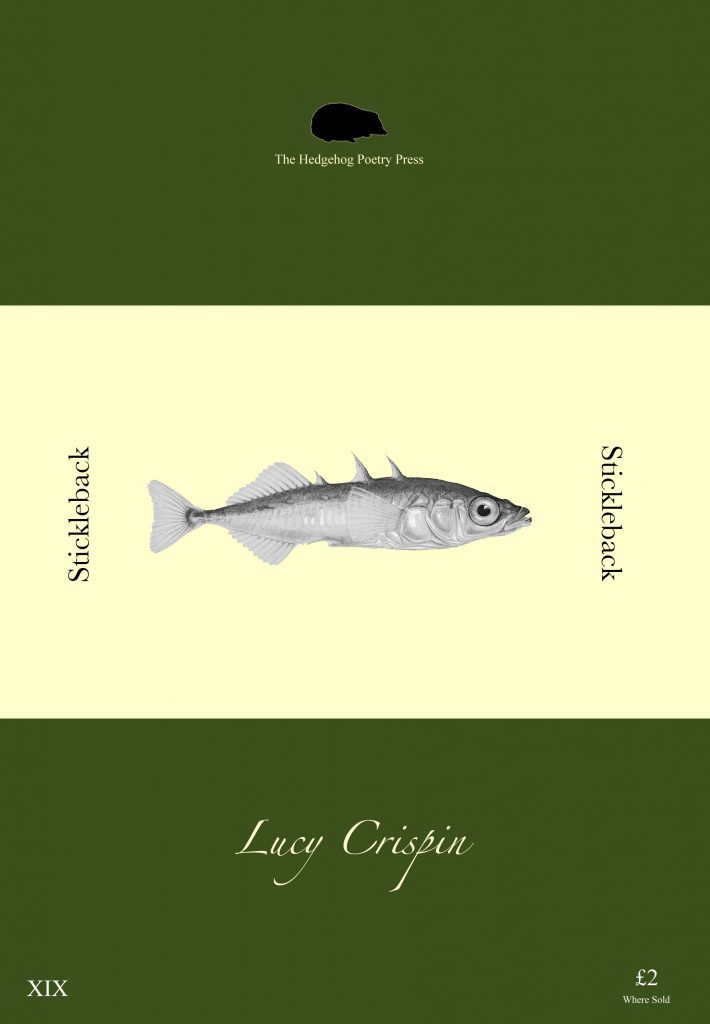Jan 2, 2020
#fellowship, #hope, #hopes, #intentions, #Jackie Kay, #Matt Goodfellow, #New Year, #Ogden Nash, #poem, #poems, #poetry, #potential, #promise
by Lucy Crispin
but thinking makes it so’. A trio of poems which see the coming of the new year from very different places. First, we have Ogden Nash’s ‘Good riddance, but now what‘, which finds the poet in characteristically wry mood. The apparent cosiness of the opening invitation—’Come children, gather round my knee’—is soon dispelled with the imagery of something ‘about to burst/… like a time bomb in the hall’. It brings to mind Dorothy Parker’s notorious way of greeting visitors or answering the phone: ‘What fresh hell is this?’. I love the fact that here Nash has the clock ‘crouching, dark and small’—small, as a bomb is, in relation to the size of the destruction it can wreak. Assume brace position. Be ready to duck. I can certainly recognise in myself a mood where I look at the future with that sort of attitude.
Read More
